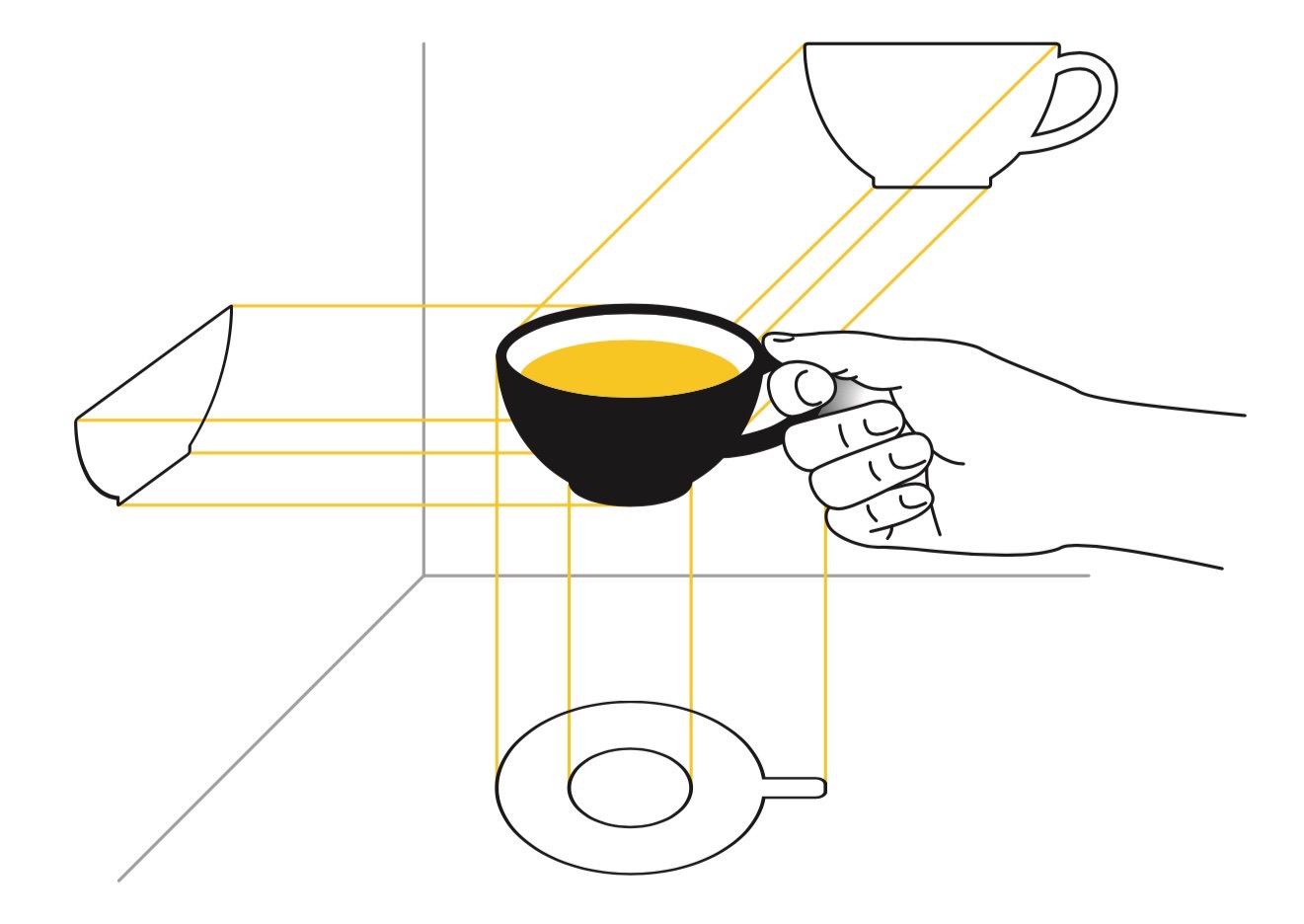Holotopia: Socialized Reality
H O L O T O P I A I N S I G H T S
Socialized Reality
Without even noticing that, we have adopted from the traditional culture a myth incomparably more subversive than the myth of creation. This myth serves as the foundation stone on which our social institutions and our culture have been built.
Scope
We have now come to the very crux of our proposal. Our theme is the relationship we have with information. And on a still deeper and more fundamental level, the relationship we have with truth; and with meaning.
The Enlightenment profoundly changed the way in which truth and meaning were socially constructed. And from that change, a comprehensive tsunami of change naturally followed. Could a similar advent be in store for us today?
Our proposal
Truth and meaning today
Although our proposal does not depend on whether we agree what the situation is today or not, this brief sketch will provide a context.
"Truth", it tends to be taken for granted, means "correspondence with reality". When I write "worldviews", my word processor underlines the word in red. Since there is only one world, or "reality", there can only be one ("true") worldview—the one that reflects that world; or the "reality".
Meaning, it is assumed, is the test of truth. "This makes no sense", it is implied, means "this is just nonsense"; it means that it cannot be true.
The purpose of information, it is assumed, is to tell us "the truth"; to show us the reality as it truly is. If all is done right, the pieces of information fit snuggly together, like pieces in a jigsaw puzzle, and compose for us a true "reality picture", which we can rely on.
The meaning of "truth"
Truth in our proposal is truth by convention: "When I say X, I mean Y." Truth, understood in this way, is both incomparably more solid (a convention is undeniably true), and incomparably more flexible (a written convention can easily be changed).
The meaning of "meaning"
Meaning is, by convention, strictly "in the eyes of the beholder". Information, by convention, reflects not reality but human experience. And the experience (we avoid the word "reality"), by convention, has no a priori structure. Rather, it is considered and treated as we may treat the ink blot in the Rorschach test—namely as something to which we assign meaning, by perceiving it in a certain way.
The meaning of "information"
Information is, by convention, a record of human experience. By a convention, whose meaning the Modernity ideogram expresses by a visual metaphor, the purpose of information is to fulfill certain vital functions in a larger whole or wholes—such as our lives, our institutions, and our society. Information has value not because it is a piece in a reality puzzle, but to the extent that it fulfills those functions.
The holoscope
"Models are to be used, not to be believed." There is more than one way to perceive any theme of interest or situation. Each of them is legitimate if it follows from a justifiable way of looking, and useful to the extent that it tells us something that we need to know.
The holoscope ideogram serves to explain how the holoscope, or information, is to be used: A cup is whole only if it is whole from all sides. A view of our contemporary situation, such as the one the Modernity ideogram provides, shows us this situation from a specific angle—and suggests where attention, and action, are still needed.
The socialized reality insight
By rendering the socialized reality insight, we have attempted to combine together in an accessible way a number of specific insights that were reached in 20th century science and philosophy—which now demand the kind of change we are proposing:
- "Correspondence with reality" cannot be applied in practice, because it cannot be verified
- Instead of guarding us from illusion, "correspondence with reality" tends to be a product of illusion
- What we call "reality" is one of a number of possibilities, created and selected through complex interplay between our social and embodied cognitive processes
- "Reality" has always been, and must be seen as, an instrument of our socialization—by which the existing power structure is legitimized, and the people are kept in obedience to it. This socialization to accept a shared "reality picture" is not only an instrument of the power structure—but it should rightly be considered as its integral part
Socialized reality and cultural revival
Having failed to liberate our worldview from socialized reality, our socialization has during the Enlightenment only changed hands. While earlier we were socialized to be pious and obedient subjects to the king, we are now socialized to be compulsive consumers; and to vote for policies that are against our best interests.
Galilei is once again in 'house arrest'—but he's kept there by new power structures.
Especially relevant for cultural renewal are the cultural consequences of the change of foundations for truth and meaning, which the Enlightenment brought. The reality myth was of course in place also while Galilei was still in house arrest. But it had a different purpose—the "reality" of the Scripture served to keep in place a myriad values, customs, rituals, mores... which constituted the culture. By "discovering" that the Bible was not telling us "the truth"—we found a way to throw away all the functions of culture, without having to place anything back. Hence the very mechanisms by which the culture is reproduced were disrupted.
The recreationof those mechanisms is, of course, a core element of the Holotopia project.
The mirror ideogram
Text

